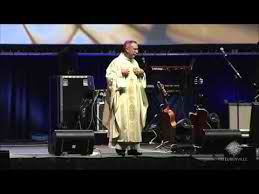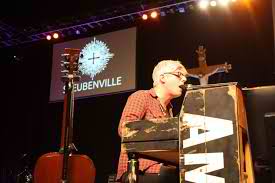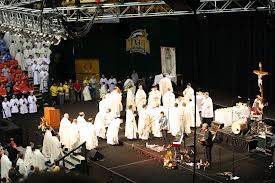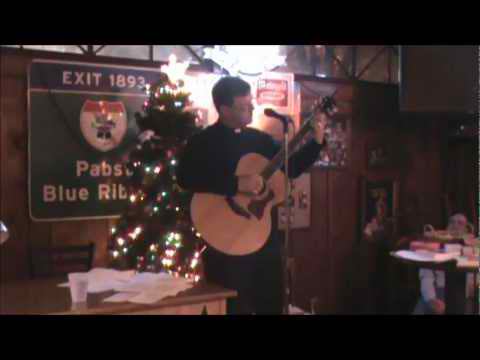Pope Pius X issued a motu proprio in 1903, Tra le Sollecitudini:
15. Although the music proper to the Church is purely vocal music, music with the accompaniment of the organ is also permitted. In some special cases, within due limits and with proper safeguards, other instruments may be allowed, but never without the special permission of the Ordinary, according to prescriptions of the Caeremoniale Episcoporum.
19. The employment of the piano is forbidden in church, as is also that of noisy or frivolous instruments such as drums, cymbals, bells and the like.
20. It is strictly forbidden to have bands play in church, and only in special cases with the consent of the Ordinary will it be permissible to admit wind instruments, limited in number, judiciously used, and proportioned to the size of the place provided the composition and accompaniment be written in grave and suitable style, and conform in all respects to that proper to the organ.
This formed the basis for De musica sacra et sacra liturgia issued by the Sacred Congregation of Rites in 1958:
68. Other instruments besides the organ, especially the smaller bowed instruments, may be used during the liturgical functions, particularly on days of greater solemnity. These may be used together with the organ or without it, for instrumental numbers of for accompanying the singing. However, the following rules ... are to strictly observed:
a) the instruments are truly suitable for sacred use;
b) they are to be played with such seriousness, and religious devotion that every suggestion of raucous secular music is avoided, and the devotion of the faithful is fostered;
c) the director, organist, and other instrumentalists should be well trained in instrumental techniques, and the laws of sacred music.
70. Musical instruments which by common acception, and use are suitable only for secular music must be entirely excluded from all liturgical functions, and private devotions.
The use of bands and particularly drums may suggest "raucous secular music", so they are to be avoided.
Musicam Sacram was promulgated by the Second Vatican Council in 1967.
63. In permitting and using musical instruments, the culture and traditions of individual peoples must be taken into account. However, those instruments which are, by common opinion and use, suitable for secular music only, are to be altogether prohibited from every liturgical celebration and from popular devotions.[De music sacra etc n.70 [above]]
This Vatican II Constitution allows a little more leeway by permitting appeal to local culture and tradition and whether a particular instrument is suitable only for secular music. This decision would be made by the local bishop or Bishops' Conference. However, the earlier documents indicate the direction that decision should go.
Despite the 1903 rules, the use of the piano and acoustic guitar is not uncommon in the UK.




